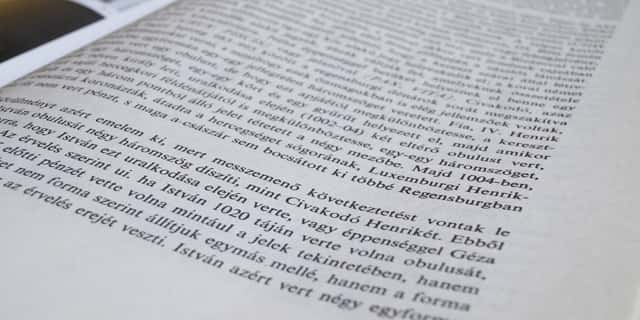The 18th Vow
Origin of Dharmakara
Dharmakara (Sanskrit for "Treasure of the Dharma") was a monk who lived eons ago, long before the current time. His story is found in the "Infinite Life Sutra" (Sukhavativyuha Sutra), one of the most important texts in Mahayana Buddhism, especially within the Pure Land tradition.
Dharmakara's Vow
According to the sutra, Dharmakara was inspired by the teachings of the Buddha Lokesvararaja (King of the World). Dharmakara decided to become a bodhisattva, a figure who seeks to attain enlightenment for the benefit of all beings. After many years of meditation and study, Dharmakara formulated 48 great vows, committed to creating a perfect pure land where all beings could be reborn and easily attain enlightenment.
The 48 Vows
Among these vows, the most significant is the eighteenth, known as the "Principal Vow," which states that if any sentient being desires to be reborn in his Pure Land and sincerely trusts in him, invoking his name up to ten times, that being will be reborn there. This Pure Land, called Sukhavati, is described as a realm of infinite happiness and peace, where there is no suffering, and all beings can quickly progress towards enlightenment.
Transformation into Amitabha
After countless eons of practice and the perfection of his vows, Dharmakara attained enlightenment and became the Buddha Amitabha (Sanskrit for "Infinite Light" or "Infinite Life"). As Amitabha, he created the Pure Land of Sukhavati, fulfilling his promise to provide a refuge where all beings could be liberated from the cycle of birth and death (samsara) and advance towards enlightenment.
Characteristics of Amitabha
Amitabha is venerated throughout Mahayana Buddhism, especially in the Pure Land traditions of China, Japan, Korea, and Vietnam. He is known for his infinite compassion and willingness to save all beings. Practitioners often recite his name (nembutsu in Japanese or nianfo in Chinese) as a form of meditation and devotion, believing that this will enable them to be reborn in Sukhavati.

